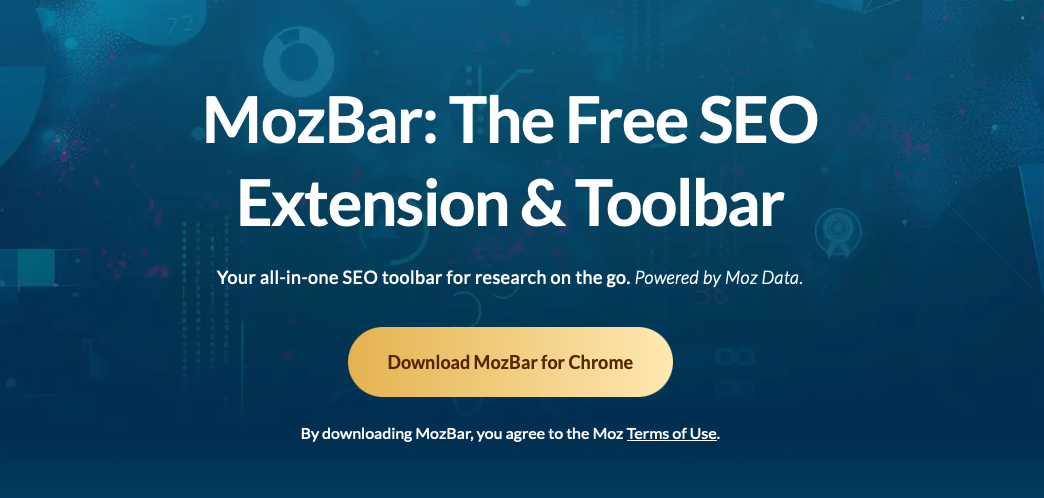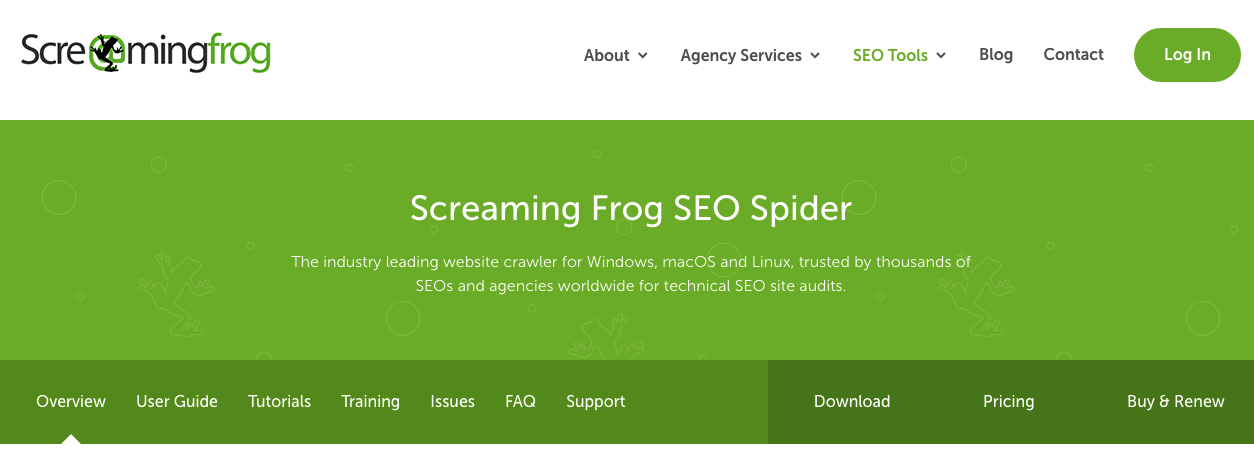
Search engine optimization (SEO) is essential for businesses looking to increase their online visibility and drive organic traffic. With the right SEO tools, marketers can analyze their website performance, optimize content, and stay ahead of competitors. Here’s a complete review of some of the best SEO tools available today.
1. Google Search Console

Google Search Console is a free tool that helps website owners monitor and maintain their site’s presence in Google search results. It provides insights into search performance, indexing issues, and website errors. Marketers can use it to optimize their pages and improve rankings.
Key Features:
- Performance reports with keyword data
- Indexing status and coverage reports
- Mobile usability analysis
- URL inspection tool
2. Ahrefs

Ahrefs is known for its robust backlink analysis and keyword research capabilities. It helps marketers understand their competition and find opportunities to improve their rankings.
Key Features:
- Site Explorer for backlink analysis
- Keyword Explorer for finding high-ranking keywords
- Content Explorer for topic research
- Rank tracking and competitor monitoring
3. SEMrush

SEMrush is a powerful all-in-one SEO tool that provides keyword research, competitor analysis, and backlink tracking. It’s widely used by digital marketers and SEO professionals to refine their strategies and identify growth opportunities.
Key Features:
- Keyword research and tracking
- Site audit for technical SEO issues
- Competitor analysis
- Backlink analysis and link-building suggestions
4. Moz Pro

Moz Pro is a beginner-friendly SEO tool that provides keyword research, site audits, and link-building insights. It also includes a useful domain authority metric to assess a website’s ranking potential.
Key Features:
- Keyword research and rank tracking
- Site audit and issue detection
- Backlink analysis
- Domain authority and page authority scores
5. Ubersuggest

Created by Neil Patel, Ubersuggest is a budget-friendly SEO tool that provides keyword research, competitor analysis, and content suggestions. It’s a great option for beginners and small businesses.
Key Features:
- Keyword ideas and search volume data
- Site audit and SEO health check
- Backlink analysis
- Content ideas based on trending topics
6. Screaming Frog SEO Spider

Screaming Frog SEO Spider is a desktop-based tool that helps analyze website structure and identify technical SEO issues. It’s widely used for conducting in-depth site audits.
Key Features:
- Crawls websites for SEO errors
- Finds broken links and redirects
- Analyzes page titles and metadata
- Identifies duplicate content issues
7. Google Analytics

Google Analytics is essential for tracking website performance and user behavior. While it’s not solely an SEO tool, it helps marketers understand how their SEO efforts impact traffic and engagement.
Key Features:
- Website traffic analysis
- User demographics and behavior insights
- Conversion tracking
- Integration with Google Search Console
8. Yoast SEO

Yoast SEO is a popular WordPress plugin that helps optimize on-page SEO. It provides real-time suggestions for improving content, metadata, and readability.
Key Features:
- SEO-friendly content analysis
- Meta description and title optimization
- Readability score and recommendations
- XML sitemap generation
9. Majestic SEO

Majestic SEO specializes in backlink analysis and link-building strategies. It provides detailed insights into a website’s link profile and domain authority.
Key Features:
- Backlink analysis and history
- Trust flow and citation flow metrics
- Competitor link tracking
- Bulk backlink checking
10. Serpstat

Serpstat is an all-in-one SEO tool that combines keyword research, site audit, and competitor analysis. It’s a cost-effective alternative to premium tools like SEMrush and Ahrefs.
Key Features:
- Keyword research and rank tracking
- SEO site audit
- Backlink analysis
- PPC and advertising insights
Conclusion
Choosing the right SEO tools depends on your business needs and budget. Google Search Console and Google Analytics are essential free tools, while SEMrush and Ahrefs are excellent for comprehensive SEO management. Whether you’re a beginner or an experienced marketer, leveraging these tools will help you improve your website’s ranking and drive more organic traffic.
Share this post
Leave a comment
All comments are moderated. Spammy and bot submitted comments are deleted. Please submit the comments that are helpful to others, and we'll approve your comments. A comment that includes outbound link will only be approved if the content is relevant to the topic, and has some value to our readers.

Comments (0)
No comment